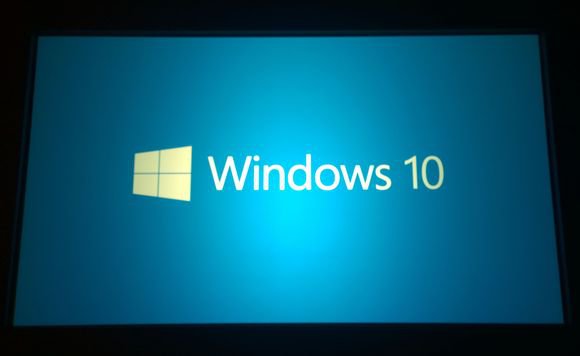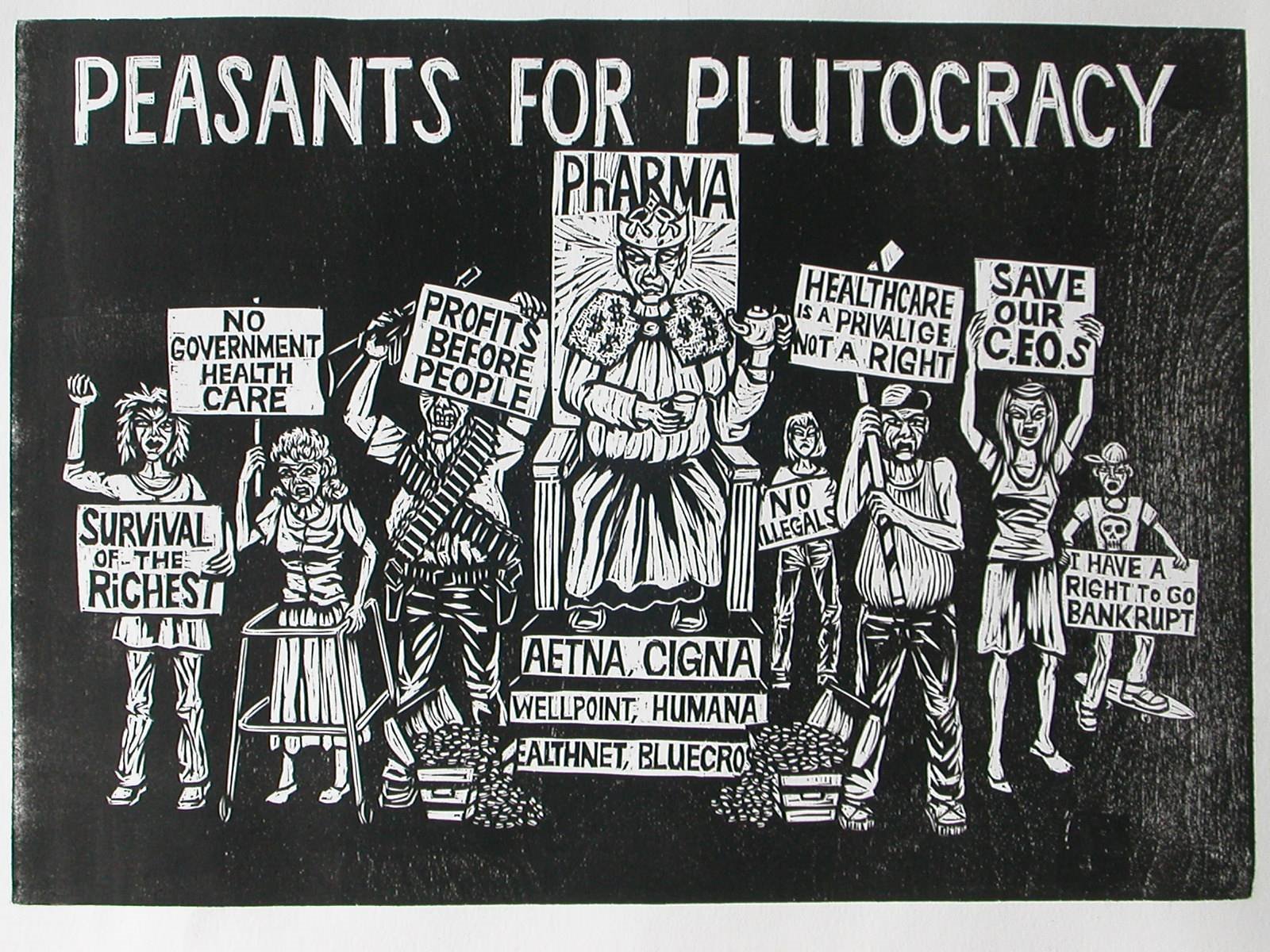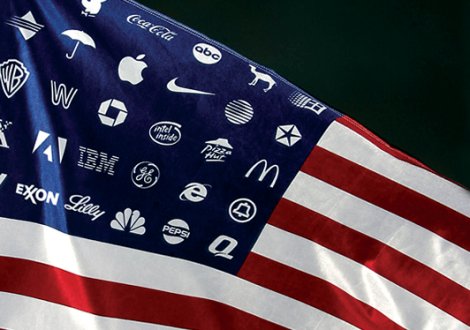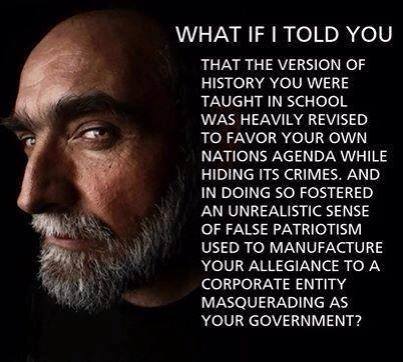To: 60 Minutes and CBS
Attn: Lesley Stahl, Jeff Fager, David Rhodes, Leslie Moonves
On January 5, 2014, CBS’ 60 Minutes aired a segment titled, “The Cleantech Crash” that grossly misrepresented the state of the sustainable energy industry.
At Khosla Ventures, we are focused on finding real solutions for energy independence, rather than just pontificating. The pontificators at 60 Minutes, with their agenda-driven bastardization of news reporting, failed to do the most elementary fact checking and source qualification, as was the case with your Benghazi reporting. No wonder one major media outlet
wrote that you have been “widely criticized for leaving out crucial information about the state of the clean tech sector.” Is this the new CBS standard?
The errors in your story are numerous.
Fact: I have not invested over a billion dollars of my own money into cleantech. It is substantially less, and a simple query to us would have corrected this error. We manage a balanced portfolio, and it has not “crashed” nor is it “dead”. In fact, our returns are significantly above the venture capital average.
Fact: Contrary to your assertion, the U.S. Department of Energy (DOE) Loan Guarantee Program has created 55,000 new cleantech jobs.
[1]Fact: The DOE loan program, despite your implications, has a 97% success rate.
[2] The former program head, Jonathan Silver, expects it to make money, not be a subsidy.
Fact: There is $51 billion remaining in DOE loan money.
[3] The amounts in the CBS report are far from “spent” or allocated. You seem to want to cite big numbers, whether they are true or not!
Fact: A substantial portion of DOE loans is allocated to nuclear energy
[4], not just cleantech segments like biofuels, solar or wind, a fact conveniently left out despite your being aware of it.
Fact: The U.S. spent $502 billion subsidizing fossil fuels in 2011. This is the result of directly lowered prices, tax breaks and failing to properly price carbon’s negative externalities.
[5] You ignored the fact that energy is far from being a level playing field. Many other subsidies are hard to account for like MLP partnerships, accelerated depreciation and below-market royalties that are never categorized as fossil fuel subsidies that disadvantage cleantech.
Fact: According to a senior U.S. Navy official, last year alone, $80 billion of taxpayer money was spent patrolling just the oil sea-lanes in the Arabian Gulf. There are many sea-lanes we patrol. Globally and over time, the U.S. has spent $7 trillion patrolling them.
[6] Such “protection spending” of U.S. taxpayer dollars for the oil industry is a much larger subsidy than any amount spent to support the cleantech industry, a fact CBS chose to overlook despite my statements on camera. This may be the largest U.S. subsidy in history, and it was purposely ignored because it is inconsistent with your agenda. Cleantech subsidies are a miniscule fraction of one-percent of these amounts.
The Department of Energy said it themselves, “Simply put, 60 Minutes is flat wrong on the facts. The clean energy economy in America is real, and we are increasingly competitive in this rapidly expanding global industry. This is a race we can, must and will win.”
There were many opportunities for you to showcase cleantech successes such as the dynamic glass company, View, with whom you met and visited as part of your research. You also had knowledge that View raised $60 million in private funding in early 2013, and weeks before your program aired, View secured an additional $100 million in private funding. These dollars will go toward ramping production efforts in its Mississippi-based manufacturing facility, which will in turn create scores of new American jobs. Sustainable energy is the way forward for this new era of American manufacturing. Already, the Brookings Institute reports that the clean economy employs over 2.7 million workers despite your implications to the contrary!
You chose to ignore other success stories like energy storage company, Lightsail, which we also shared with you. In fact, you did not even want to visit the solar, engines or agriculture success stories, among others. You chose to ignore these FACTS, because it did not jive with the story you wanted to tell. Is your job reporting all the facts or merely pushing “angles”?
You fundamentally do not understand how innovation works with platitudes like, “for every 10 startups, nine go under”. At Khosla Ventures, we invest in companies that have high failure probabilities, but the wins far outweigh the losses. I clearly explained that we expect 50-percent of our portfolio companies to make money and today, our overall cleantech portfolio is profitable; however, CBS chose to air sources who have never looked at the details of a quality venture portfolio. In fact, their so-called experts are only expert pontificators who have never produced any biofuels themselves. One always can find a “source “ to throw mud at anything to get on-air; CBS appears to want the same standards for sourcing as the National Enquirer.
You falsely implied that our companies have received disproportionate taxpayer money, despite my repeatedly telling you otherwise. While these numbers are hard to accurately calculate, to the best of our knowledge, a substantial amount of funding (greater than 90%) for our cleantech portfolio has come from private sources. When our companies have received funding from the DOE, the dollar amounts represent a small fraction of the investment from private dollars. It is naive to believe that we can subsidize energy on a large scale; this kind of thinking would bankrupt any government, and yet CBS seems to imply that all our investments are based substantially on taxpayer money or are dependent on ongoing subsidies, a statement that is simply untrue.
In fact, the former head of the DOE loan program, Jonathan Silver, stated publicly that some of the projects cited as failures by CBS never even got loans in the first place. You also failed to note that while Range Fuels took federal loan money, we strongly opposed their decision to do so. Because these are independent companies, we seldom control these decisions. Repeatedly, your story reinforced the 60 Minutes thesis rather than objectively reporting the facts.
According to Silver, the DOE loan program was actually designed to make a profit in the long term even taking into account the failures, which represent a remarkably small portion of the portfolio (less than three percent). Any loan program, private or public, has both losses and gains. When the investment cycle is complete, Silver expects the government will actually make a profit on the portfolio. Interests are below market (just as in the oil leases that oil companies receive) but the terms are restrictive enough that our portfolio companies, Kior and Stion (our solar company) and others refused the loans even after they were awarded. CBS also failed to distinguish between federal loans that were designed to be profitable (the bulk of the money), research grants (billions spent on private universities and companies in and outside cleantech), work-for-hire (do we list Lockheed Martin, which receives billions of dollars annually in work-for-hire government revenue, as a subsidy?) and other programs.
You misleadingly hyped the “$150 billion” allocated to cleantech without noting that, while it has been allocated, much of it has not been spent. Further, to the best of my knowledge, much of such project spending goes to larger incumbents, not entrepreneurs.
Your naïve reporting also failed to account for the other setbacks we have gone through in the last five years, such as the economic crisis, which, while unrelated to cleantech, has substantially hurt the ability to fund cleantech research or projects. Many projects — be they chemical, oil sands or cleantech — have failed to meet their expectations because of the recent financial crisis.
At scale, new technologies must compete with conventional fossil fuels on both price and performance – in the U.S., as well as in India and China. Energy incumbents have incredible advantages embedded in our tax code, government regulation and public infrastructure; therefore, new competitive efforts must be nourished and encouraged to maintain a more competitive environment and a level playing field. Subsidies should be used to introduce new competition to markets against the embedded advantages granted to incumbents. We must reform America’s energy policy before companies become dependent on the existing subsidy regime. As context, Chinese solar, wind, LED and other companies get substantially larger government loans to compete against U.S. producers, even without technology differentiation. In fact, we risk losing technology to China because there is simply more government support there. U.S manufacturing suffers as a result. The 1950s and 60s saw the moon race. Today, we are in a new race for sustainable energy, but we risk losing because of irresponsible reporting like that of CBS!
Khosla Ventures does not believe in subsidy-dependent markets. Reaching unsubsidized market competitiveness five to seven years after a commercial start is an abiding principle for all of our investments. Subsidies are a crutch: they force innovation into a niche and create dependence on financial incentives that will eventually disappear. I have publicly stated that I am against corn ethanol and wind subsidies, among others, and in favor of reducing solar and biofuel subsidies over time. I also have written about the criteria for good subsidy programs elsewhere. We need to level the playing field in order to create new competition for fossil energy. Currently, there is an unfair advantage for fossil fuels with favorable tax legislation like Master Limited Partnerships, accelerated depreciation and below market royalties, and of course the aforementioned IMF-calculated subsidies as well as free transportation protection services provided by the federal government. It all adds up to massive numbers, much larger than for cleantech, and it has been going on for decades!
New industries are created by entrepreneurs who don’t necessarily have subject matter expertise when they get started, yet they are still responsible for most of the innovation we see in society. Did Google know much about media? Or Amazon about commerce? Tesla about cars? SpaceX about rockets? EBay about classifieds? Juniper about telecommunications? What did I know about computing when I started Sun Microsystems? We should celebrate these entrepreneurs, not pillory them for fighting entrenched incumbent industries that have political influence and money. And yes, they often fail, but they also create more positive change than incumbents who, in general, are only responsible for incremental improvements. The oil industry has probably spent more money advertising their environmental efforts with the likes of CBS than on real research in green technologies.
Your so-called “experts” pontificate about the hard problem of energy; we heard similar things about the difficulty of telecommunications with trillions invested in infrastructure. Then, the Internet came along, despite the indifference of every major telecommunications carrier, and upended the industry. Looking back through history, we can easily find common shortsighted attitudes when evaluating new technologies. When Alexander Graham Bell invented the telephone, it was dismissed out-of-hand by the incumbent telegram service, Western Union. “The idea is idiotic on the face of it…. we do not see that this device will be ever capable of sending recognizable speech over a distance of several miles.” Venture capitalist, Ben Horowitz, describes this naysaying attitude in an
article titled, “Can-Do vs. Can’t-Do Culture”. As he so aptly points out about the naysayers, “They focused on what the technology could not do at the time rather than what it could do and might be able to do in the future.” This cynicism is exactly what CBS has proliferated in its unbalanced and unfair coverage of the cleantech industry. Today, the stakes are higher than ever as the world’s population increases and resources are limited. Our can-do attitude must overcome the naysayers.
To get to the energy-independent future we need, we must continue to try and sometimes fail, but the consequence for not trying is guaranteed failure. We will keep accepting intelligent and selective failure. Even oil prospecting has a greater than 55-percent failure rate, and yet we still do it. In the venture industry, we make risky bets all the time because that’s what it takes to innovate.
The future will run on energy. At Khosla Ventures, we are focused on making big bets to ensure a sustainable future even if some of them fail. It is unfortunate that stories like yours employ Benghazi-style reporting standards that overshadow the truth. I will continue to try and make the future happen and, when it does, hopefully someone else will do a better job reporting it.
As Robert F. Kennedy said, “Only those who dare to fail greatly can ever achieve greatly.”
— Vinod Khosla
Read the abridged version of this letter here








































![Robert Priest - People Like You and Me (2024) [Hi-Res]](http://www.dibpic.com/uploads/posts/2025-07/1751805912_lhttl01vuwv8a_600.jpg)





